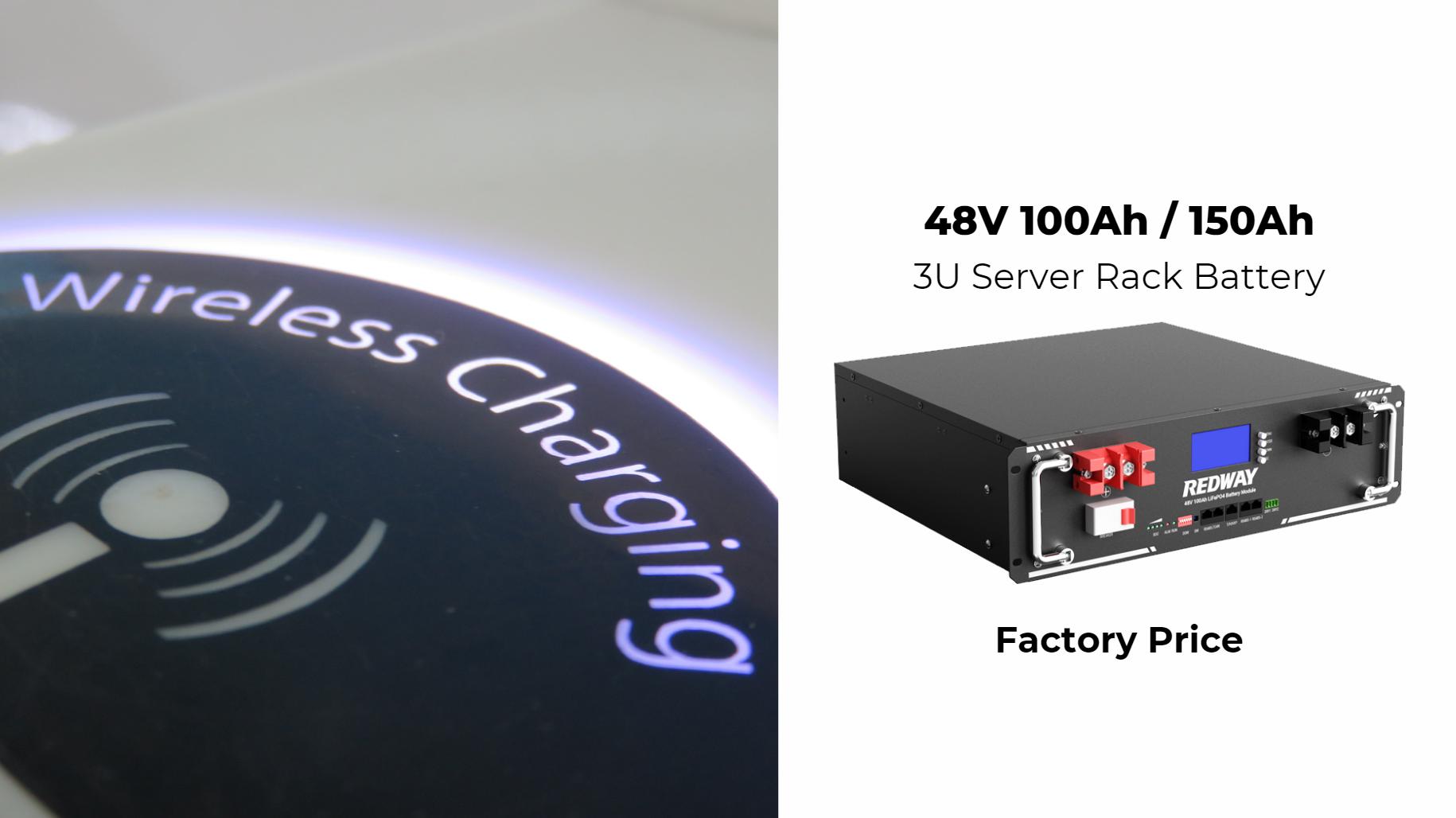Wireless charging is often considered less efficient than wired charging due to energy loss during the transfer process. While it offers convenience, studies indicate that wireless charging can waste 20-30% of energy compared to wired methods. Factors such as alignment and distance between the charger and device also contribute to this inefficiency.
Understanding Wireless Charging Efficiency
1. How Wireless Charging Works
Wireless charging utilizes inductive charging technology, which involves two coils: one in the charger and one in the device. When the charger is powered, it creates an electromagnetic field that induces a current in the device’s coil, charging its battery. While convenient, this method inherently introduces energy loss.
Wholesale lithium golf cart batteries with 10-year life? Check here.
2. Energy Loss During Transfer
The efficiency of wireless charging is significantly lower than that of wired charging. Typically, around 20-30% of energy is lost as heat during the transfer process. In contrast, wired chargers can achieve efficiencies of 90% or more, allowing for faster and more effective energy delivery.
Want OEM lithium forklift batteries at wholesale prices? Check here.
Factors Contributing to Energy Waste
1. Alignment Issues
Proper alignment between the device and the charger is crucial for efficient power transfer. If the coils are misaligned, energy transfer becomes less effective, resulting in slower charging speeds and increased waste.
2. Distance Between Coils
The distance between the charging coils also affects efficiency. The greater the distance, the more energy is lost in transmission. Wireless chargers work best when devices are placed directly on them, minimizing this distance.
3. Charging Standards
Different devices and chargers may use various standards for wireless charging, such as Qi or PMA. Each standard has its own efficiency levels and power output capabilities, which can impact how quickly a device charges wirelessly.
4. Heat Generation
Wireless charging generates more heat than wired charging due to energy loss during transfer. Excessive heat can lead to throttling, where the charger reduces power output to prevent overheating, further slowing down the charging process.
Comparison of Charging Methods
| Charging Method | Typical Power Output | Average Charging Time | Energy Loss |
|---|---|---|---|
| Wired Charging | 10W – 100W | 1 – 2 hours | Low (10% or less) |
| Wireless Charging | 5W – 15W | 2 – 4 hours | High (20-30%) |
Latest News
Recent developments in wireless charging technology aim to address concerns about efficiency:
- Researchers are exploring new materials that enhance inductive coupling, potentially increasing energy transfer efficiency.
- Companies are developing faster wireless charging standards that could deliver higher wattage without overheating.
- Innovations in alignment technology are being tested to minimize misalignment issues during wireless charging.
Redway Expert Comment
“As experts in lithium LiFePO4 technology at AAA Battery, we acknowledge that while wireless charging offers convenience, it often falls short in speed and efficiency compared to wired solutions. Our focus remains on providing high-efficiency batteries that support both wired and wireless technologies effectively. As advancements continue in wireless technology, we anticipate improvements that will bridge this gap.”
Best Practices for Reducing Waste in Wireless Charging
1. Proper Alignment
Ensure that your device is properly aligned with the charger for optimal energy transfer. Many chargers have indicators to help with positioning.
2. Use High-Efficiency Chargers
Invest in high-quality wireless chargers designed for your specific device type. These chargers often incorporate advanced technologies that minimize energy loss.
3. Keep Devices Cool
Avoid using wireless chargers in hot environments or placing devices on them while they are heavily used (e.g., gaming). This helps reduce heat generation and improves efficiency.
Conclusion: Is Wireless Charging Wasteful?
In conclusion, while wireless charging provides unmatched convenience, it does come with inherent inefficiencies that can lead to energy waste. Understanding these factors allows users to make informed decisions about their charging methods.As technology evolves, we anticipate enhancements in wireless charging systems that will improve their efficiency and reduce waste over time. For now, those seeking faster and more efficient charging may still prefer wired options for their devices.
FAQs
What are the environmental impacts of wireless charging?
Wireless charging can lead to increased energy consumption compared to wired methods, as it typically operates at lower efficiency, often losing up to 50% of energy as heat. This inefficiency may contribute to higher carbon emissions if the electricity is sourced from fossil fuels, impacting overall environmental sustainability.
How does wireless charging affect battery lifespan?
Wireless charging can slightly reduce battery lifespan due to heat generated during the charging process. While modern systems regulate temperature to prevent overheating, prolonged exposure to elevated temperatures can accelerate battery degradation over time, especially if used continuously without breaks.
Are there any health risks associated with wireless charging?
Wireless charging is generally considered safe, but concerns exist regarding electromagnetic fields (EMFs) emitted during the process. Current research indicates that exposure levels are well below safety limits set by regulatory bodies, but it’s advisable to avoid placing devices under pillows or blankets while charging to prevent overheating.
How does wireless charging technology work?
Wireless charging utilizes electromagnetic induction to transfer energy between a charging pad and a device. When aligned correctly, coils in the charger create a magnetic field that induces electrical current in the receiving coil of the device, allowing it to charge without physical connections.
What are the cost differences between wireless and wired charging solutions?
Wireless chargers tend to be more expensive than their wired counterparts due to the technology involved. While basic wired chargers can be found for a few dollars, quality wireless chargers often start at around $20 and can go much higher, depending on features like fast charging and design.






